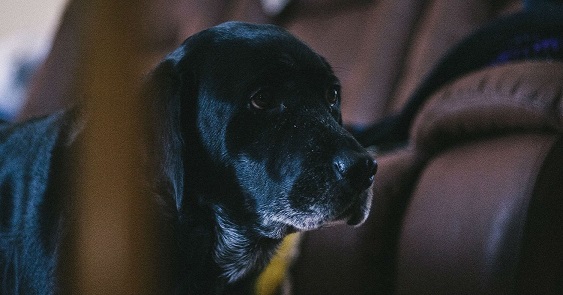Hi Rod,
Thanks for your question, it really touches on some important points. Many pet owners have a fear of holding on “too long” to an older pet. I really try to encourage people to put the age of their pet aside, and focus on their quality of life and any disease conditions that they are dealing with. I always say that old age is not a disease, and that an older pet can be just as happy and healthy as a younger one. Some may disagree, but I really believe focusing on quality of life is the key in these situations.
Regarding your dog, the signs you described certainly do sound like a seizure. It is fairly common for us to see older dogs with acute/sudden onset of seizures. They may start off as focal twitches that may not be noticed, or they can affect the entire body as you described. Traditionally in veterinary medicine, an older dog with sudden onset of seizures (barring evidence of infectious or traumatic causes) is assumed to be suffering from a brain tumour, and is therefore, considered not treatable or minimally treatable.
In recent years, veterinary neurologists are discovering that many of these dogs do not actually have any identifiable tumour in the brain on advanced imaging studies (MRI usually). This is important because it means many of these dogs are not “incurable” as would have been previously assumed. In my experience, many geriatric dogs with new seizure activity can be treated successfully for months (and sometimes years!) with appropriate diet, anti-convulsants (seizure medication) and environmental modification. This is a problem my own family’s dog has experienced.
I want to emphasize the importance of a thorough diagnostic work-up before initiating any treatment. Your veterinarian will be able to perform a series tests to look into the diarrhea and seizure activity. This may include a neurological exam and bloodwork to start. He or she may even suggest referral to a veterinary neurologist, who can perform advanced imaging studies of the nervous system. I cannot promise your dog’s situation will be treatable, but I encourage you to consider investigating things further. You may be pleasantly surprised with what can be done for your pet to allow her to maintain a good quality of life, despite her advanced age. I encourage you to chat further with your veterinarian about your personal preferences, situation and expectations. I hope this was helpful for you and your lovely (older) lady.
Sincerely,
Dr. Kim Hester
